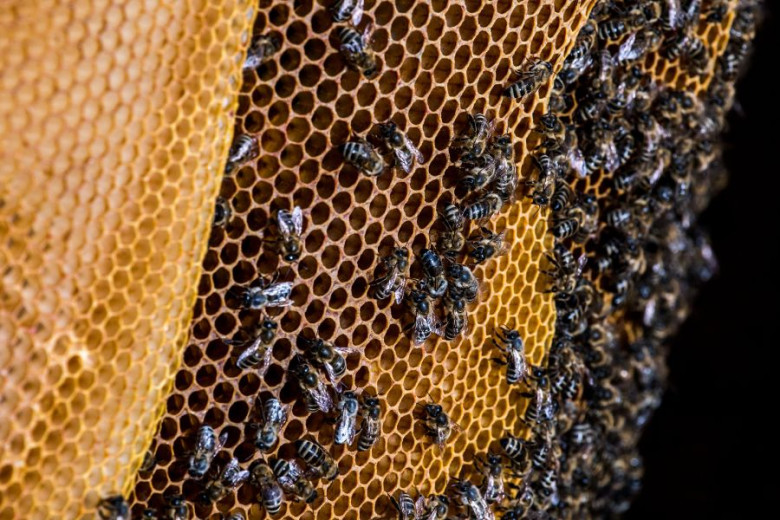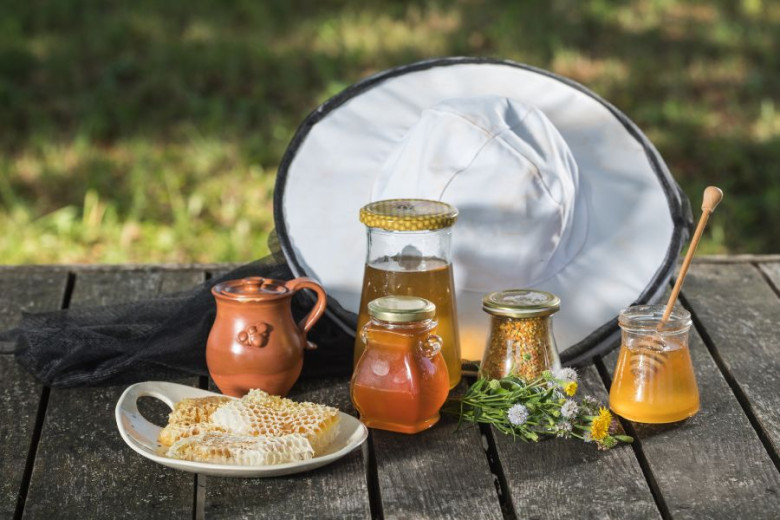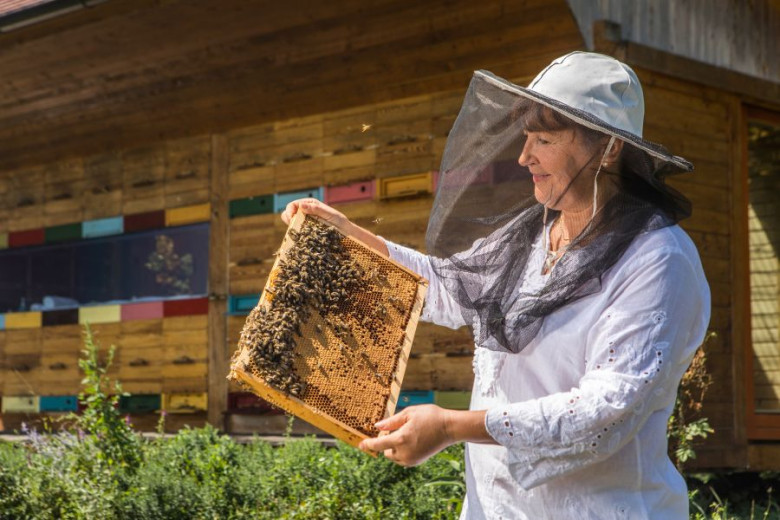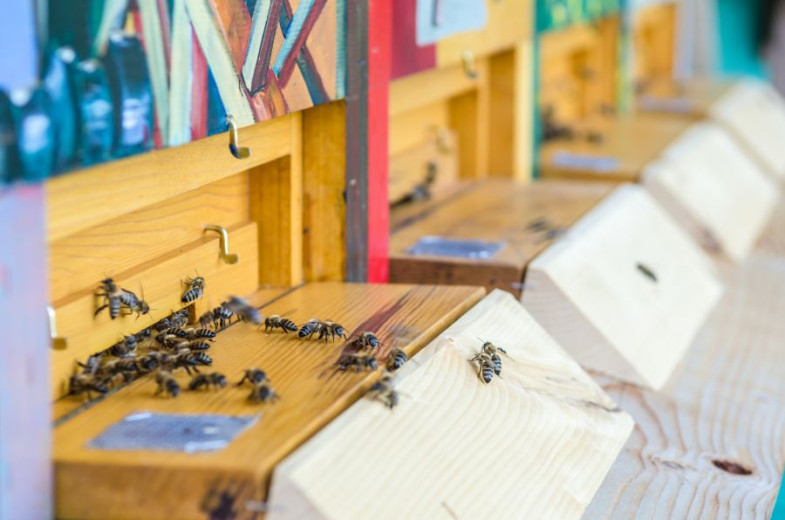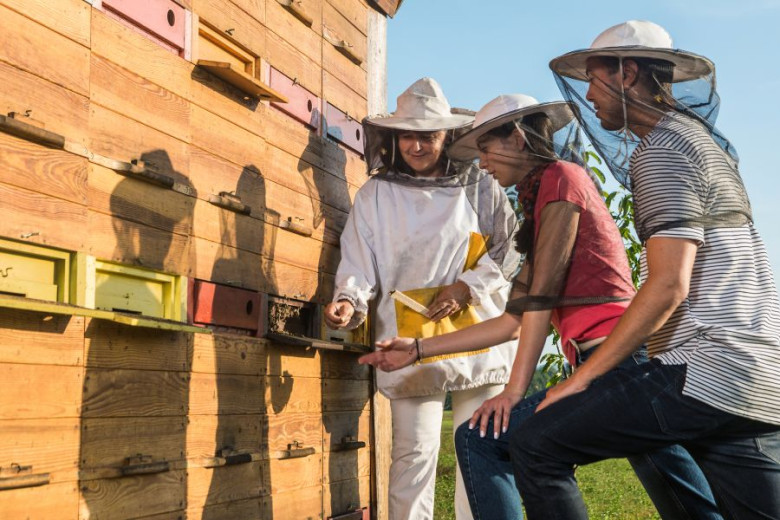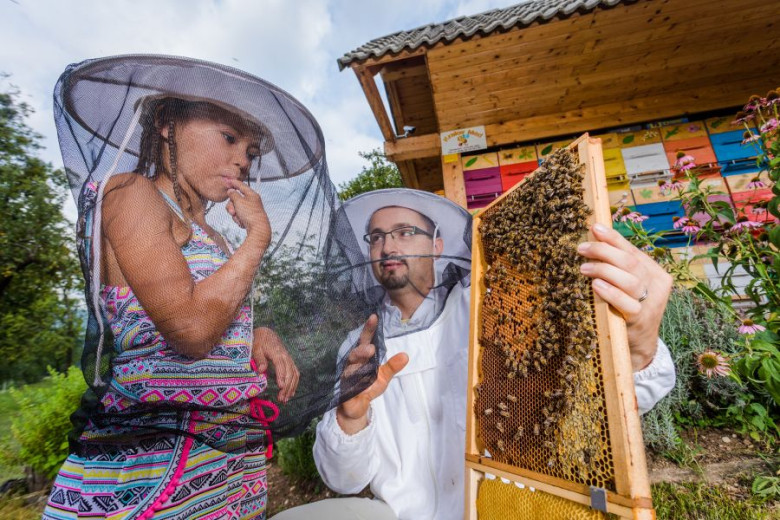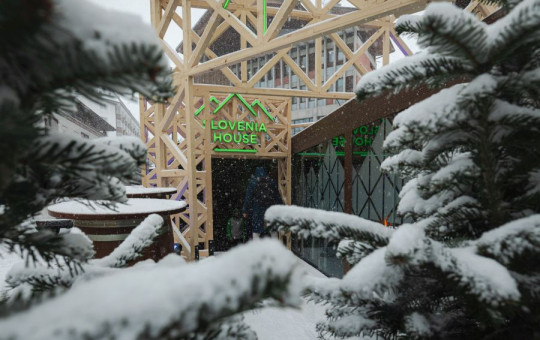Date: 20. May 2025
Time to read: 1 min
It would be hard to find a country more closely connected to beekeeping as Slovenia. With a population of just two million, Slovenia is home to over 11,000 beekeepers who manage more than 15,000 apiaries and around 200,000 bee colonies.
Beekeeping in Slovenia is only permitted with the native Carniolan honey bee (Apis mellifera carnica), a species known for its diligence, gentle nature, resilience, modesty and excellent sense of orientation. Slovenia was the first EU Member State to legally protect its native bee. As part of its EU pre-accession agreement, it declared its entire territory as the native habitat of the Carniolan honey bee.
In the last century, growing demand for the Alpine Carniolan honey bee led to a thriving trade in bees and queen bees originating from Slovenia.
Today, the Carniolan honey bee is found throughout the Balkans, northern Greece, the Danube basin (including Bulgaria, Romania, and Hungary), the northern Alps, Carinthia, Styria, the Czech Republic, Slovakia, and as far east as the Carpathians.
Slovenian honey
As honey production depends heavily on weather conditions, it can vary greatly from one year to the next. For example, in 2018, Slovenia produced 1,746 metric tonnes of honey, while in 2023, the yield was just 285 metric tonnes. Domestic honey consumption exceeds production, averaging about one kilogram per person annually.
Slovenia: leading the fight against counterfeit honey
The Slovenian Beekeepers’ Association first highlighted the growing problem of counterfeit honey in 2018, when studies showed that nearly half of the honey on the market was adulterated.
With so much honey of questionable origin being sold, the safest option is to buy honey directly from a local beekeeper.
-
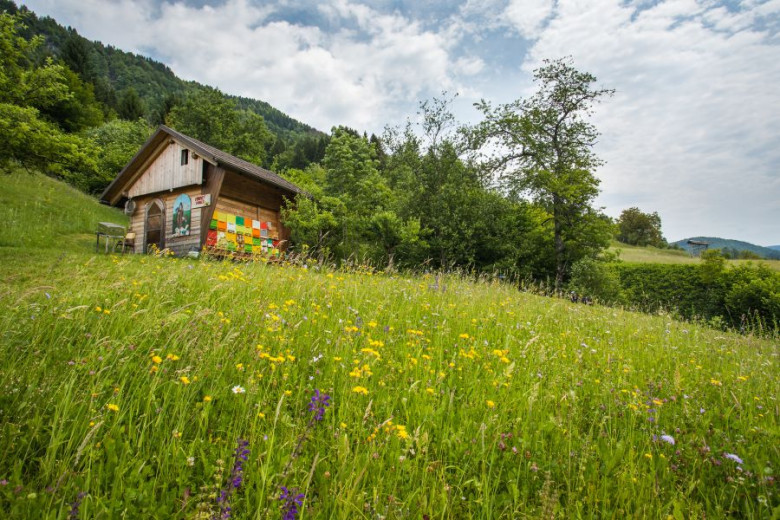 More than 80 percent of Slovenian honey is sold domestically. Photo: Jošt Gantar/www.slovenia.info
More than 80 percent of Slovenian honey is sold domestically. Photo: Jošt Gantar/www.slovenia.info
-
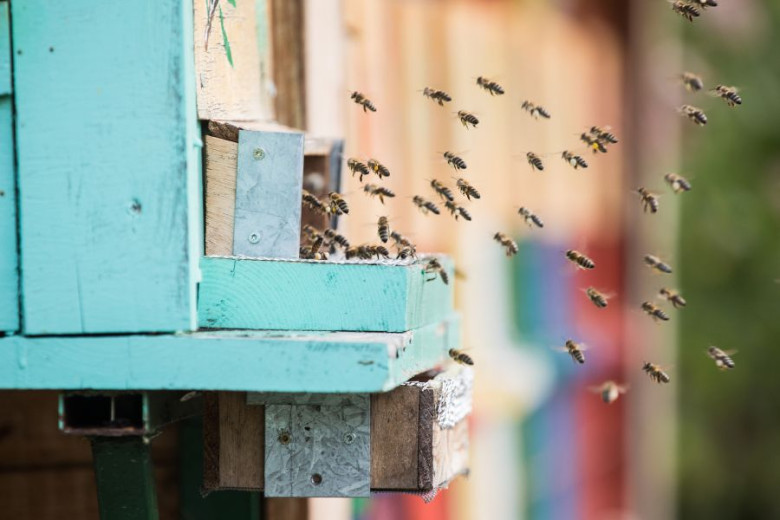 Bees must orient themselves in space before they start flying out to forage. They need to remember the location of their hive and learn the key identifying features of the hive itself as well as important landmarks in the surrounding area. Photo: Jošt Gantar/www.slovenia.info
Bees must orient themselves in space before they start flying out to forage. They need to remember the location of their hive and learn the key identifying features of the hive itself as well as important landmarks in the surrounding area. Photo: Jošt Gantar/www.slovenia.info
Last year, partly as the result of efforts by the Slovenian Beekeepers' Association and the Ministry of Agriculture, Forestry and Food, the European Parliament adopted new rules for the labelling of blended honey. Under the new rules, the packaging of honey blends must list all countries of origin, along with their respective percentages, in descending order.
The European Beekeepers' Association, based in Slovenia, is now working to ensure that European consumers have access to high-quality bee products. One of its key goals is the development of effective systems to eliminate counterfeit honey from the European market entirely.
Young beekeepers: the future of Slovenian beekeeping
Unique within Europe’s educational landscape, beekeeping clubs play an important role in preserving Slovenia’s beekeeping heritage. The clubs operate in primary and secondary schools as well as in special education centres throughout the country. Through these clubs, new generations discover the fascinating world of beekeeping while developing a positive attitude towards beekeeping, tradition and nature conservation. Young beekeepers can even put their knowledge to the test in national competitions.
World Bee Day
20 May marks the birthday of Anton Janša, a renowned Slovenian beekeeper and painter. Thanks to a Slovenian initiative, this date was declared World Bee Day by the United Nations. The day is dedicated to raising global awareness of the vital role of bees and other pollinators and the need to protect them. After all, approximately one-third of the food we consume depends on pollinators.

